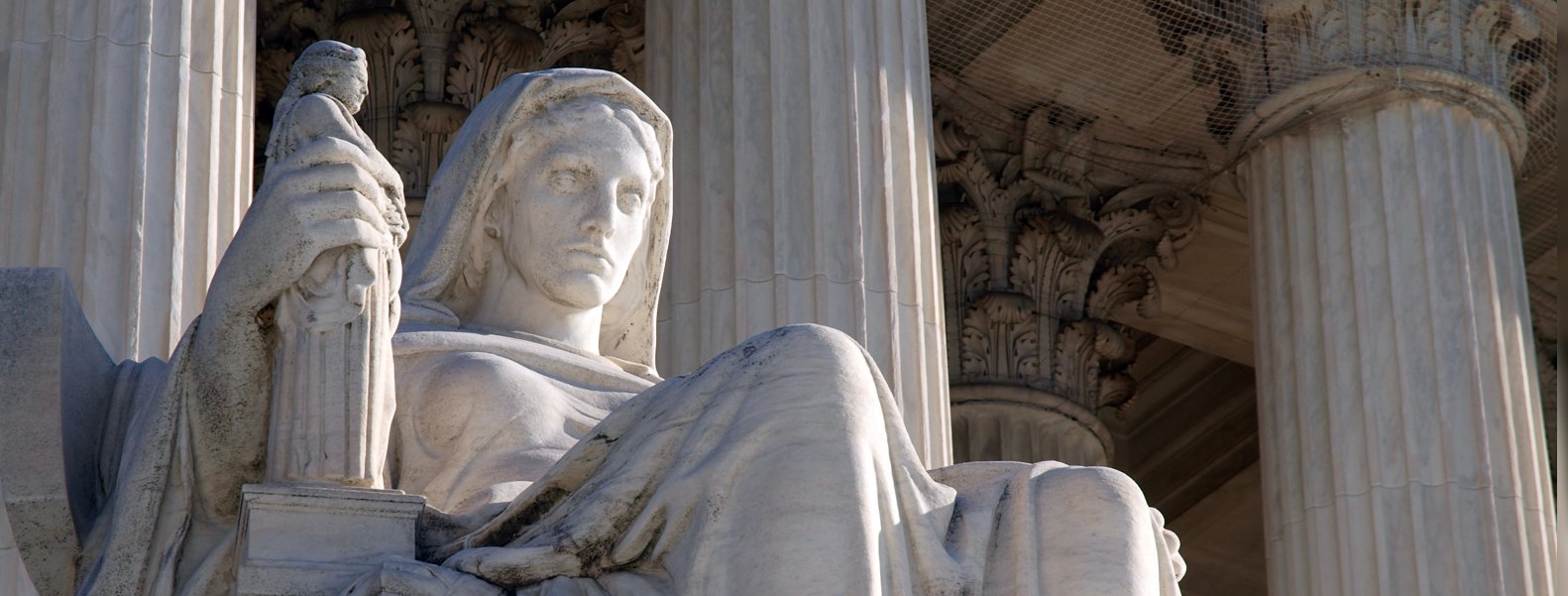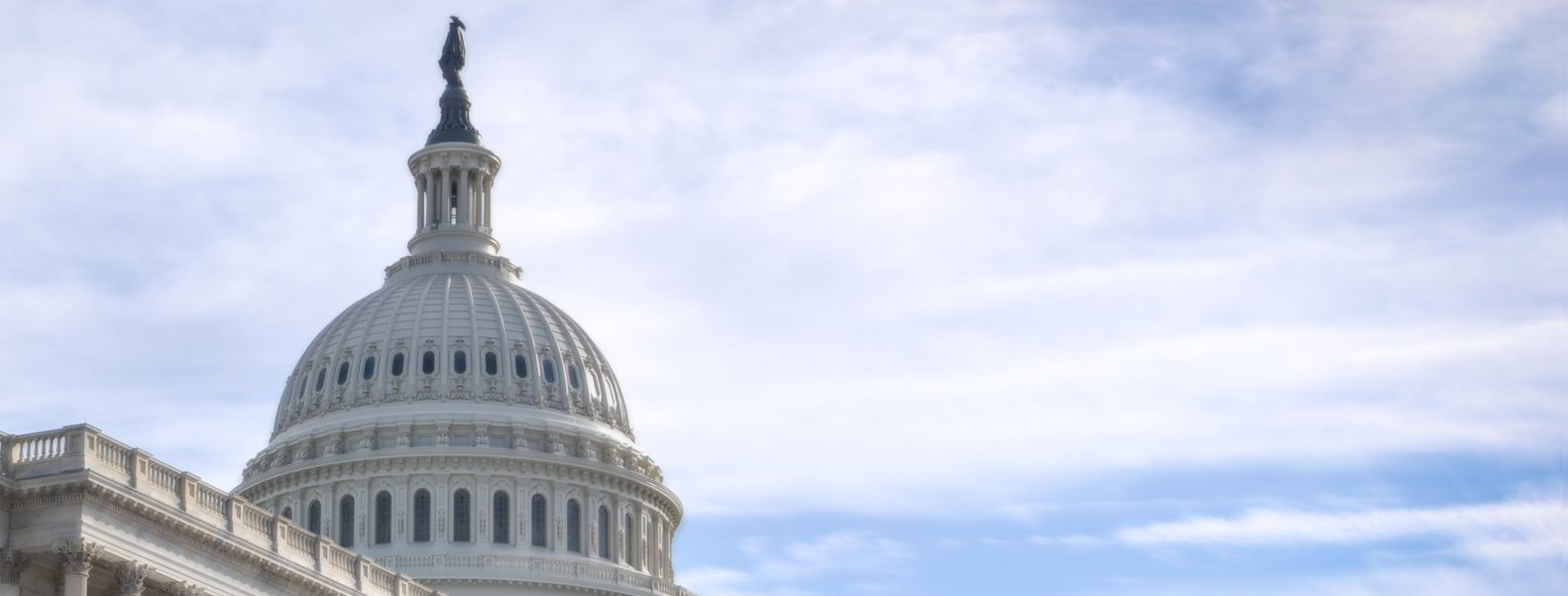
Whistleblowerlaws.com is ‘The Source’ for whistleblower information, news and opinion. Over the past five years alone, our attorneys have worked with whistleblowers in cases resulting in the return of more than $5 billion to federal and state governments. They have worked with their whistleblower clients to secure recoveries against the largest pharmaceutical companies, major energy companies, health care providers, and defense contractors. Firm counsel have litigated under Federal and State False Claims Acts and have brought cases under the Securities and Exchange Commission (SEC) and Internal Revenue Service (IRS) whistleblower programs.
HAVE YOU'VE BEEN THE VICTIM OF RETALIATION?
 Where the whistleblower is retaliated against for his/her investigation or efforts to disclose the wrongdoing, false claims statutes also provide legal redress for the whistleblower to bring suit against the entity or person that engaged in retaliation. Sometimes these provisions allow for the whistleblower to recover as much as two times his/her damages plus his/her attorneys’ fees.
Where the whistleblower is retaliated against for his/her investigation or efforts to disclose the wrongdoing, false claims statutes also provide legal redress for the whistleblower to bring suit against the entity or person that engaged in retaliation. Sometimes these provisions allow for the whistleblower to recover as much as two times his/her damages plus his/her attorneys’ fees.
In the United States, and now in other countries including China, there are laws protecting the rights of individuals to blow the whistle on wrongful conduct. Today, government regulatory bodies, including the United States Securities and Exchange Commission and the Internal Revenue Service, actually rely on information from whistleblowers to enforce compliance with laws and regulations.
There is no ‘one source’ for Whistleblower protections, rather they are provided by several laws at the federal and state levels, as part of laws concerning false claims, discrimination laws, environmental laws, antitrust laws, civil rights laws and more. It is important to remember that the statute of limitations or the time to raise whistleblower retaliation is often very short, so don’t hesitate to contact counsel to protect your rights.
UNDERSTANDING FALSE CLAIMS LAWS

Where the wrongdoing involves conduct that cheats the U.S. Government or causes the wrongful expenditure of U.S Government funds, a whistleblower may be entitled to bring suit under the Federal False Claims Act. Where the conduct cheats state or city governments out of money or deprives them of the products and services that they contracted to buy, the whistleblower may have a right of action under state or municipal false claims acts. There are twenty-nine states that have enacted false claims acts and at least two municipalities, New York and Chicago, have false claims laws.
DO I HAVE A FALSE CLAIMS CASE
HOW DO I START MY CASE?
People who think they’re witnessing corporate fraud undoubtedly have many questions and concerns. This site will help answer some of those initial questions, and you can easily and confidentially contact us if you believe you’ve witnessed fraud.

We’ll provide you with insight into what it means to be a whistleblower. In the Getting Started section, we provide information on what the experience is like, what to do if you think you’ve witnessed corporate misconduct, how to select a whistleblower law firm, and what the process is like as you work with your whistleblower attorneys.
GETTING IT TOGETHER

A whistleblower is an individual who discloses information about wrongdoing. Often, the whistleblower does so even though the wrongdoing that s/he witnesses is considered the norm or accepted behavior for that particular environment. Because the wrongdoing is — unfortunately—considered accepted behavior, the decision to blow the whistle is a difficult one.
HELPING WHISTLEBLOWERS MAKE AN IMPACT
Over the past five years alone, the attorneys at GB have worked with whistleblowers in cases resulting in the return of nearly $6 billion to federal and state governments. GB attorneys have worked with their whistleblower clients to secure recoveries against the largest pharmaceutical companies, major energy companies, health care providers, and defense contractors. Learn More!
How BigLaw Executive Orders May Affect Smaller Firms
Courts Affirm Constitutionality of FCA Qui Tam Provision
High Court False Claims Ruling Underscores Communication Is Key
What is a whistleblower?
A whistleblower is someone who reports to an employer, a regulatory body, or an oversight or review authority, the violation of a regulation, standard, or ethical obligation.
Are there laws that protect whistleblowers who are retaliated against?
Yes. Federal and State laws exist that provide whistleblower protections.
What is a kickback?
Federal law makes it a felony to provide remuneration to someone to order or recommend a product or service paid for with federal health care dollars. It also makes it a felony to receive money for the purpose of recommending or ordering a product that is paid for with federal health care dollars. The law is known as the antikickback statute and it places drug companies, device manufacturers, doctors and even nurses within the orbit of liability.




